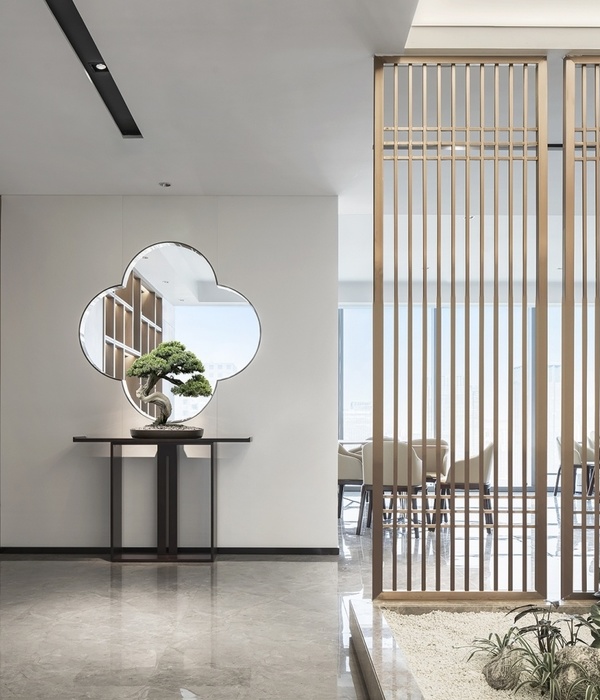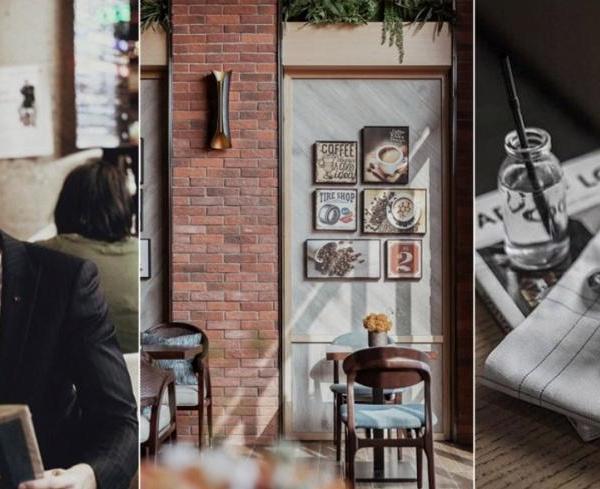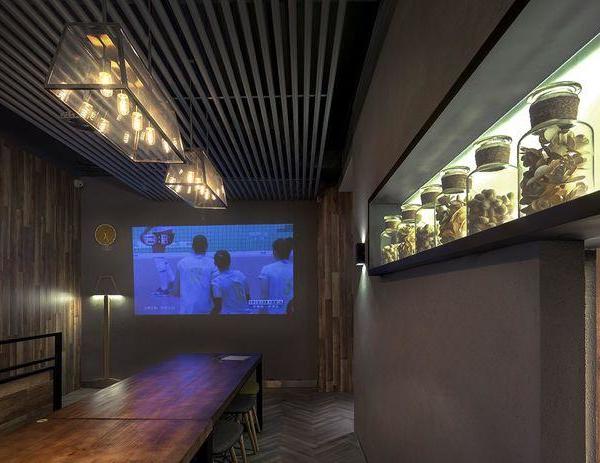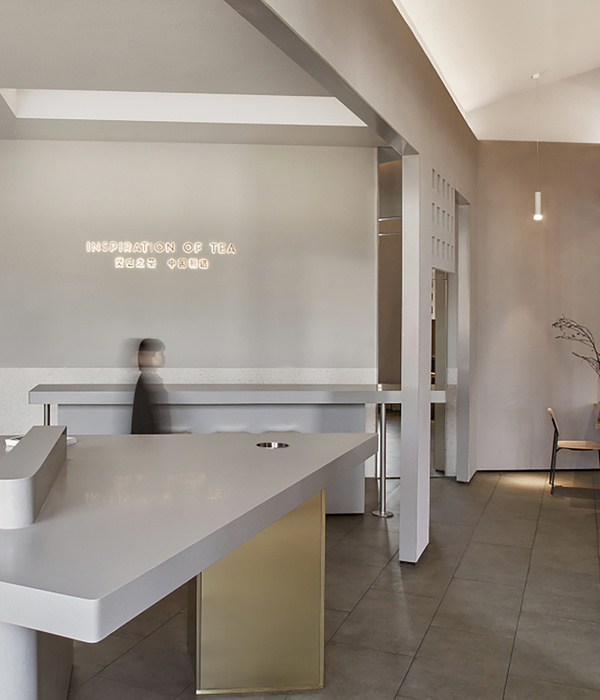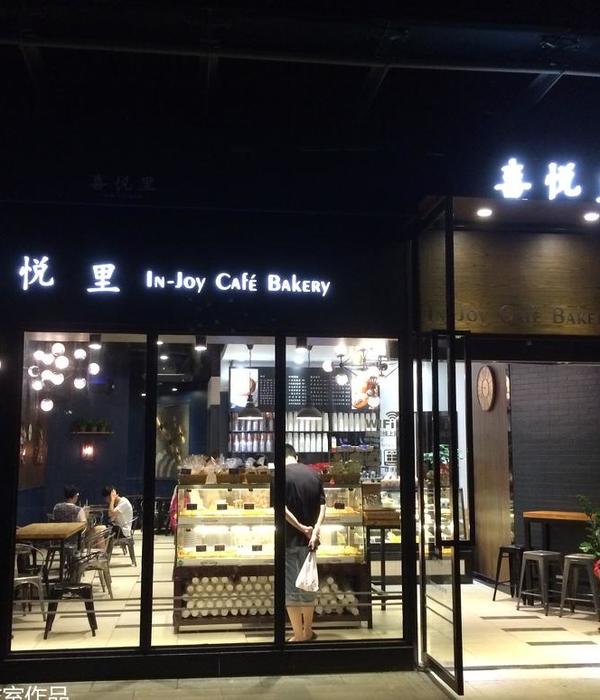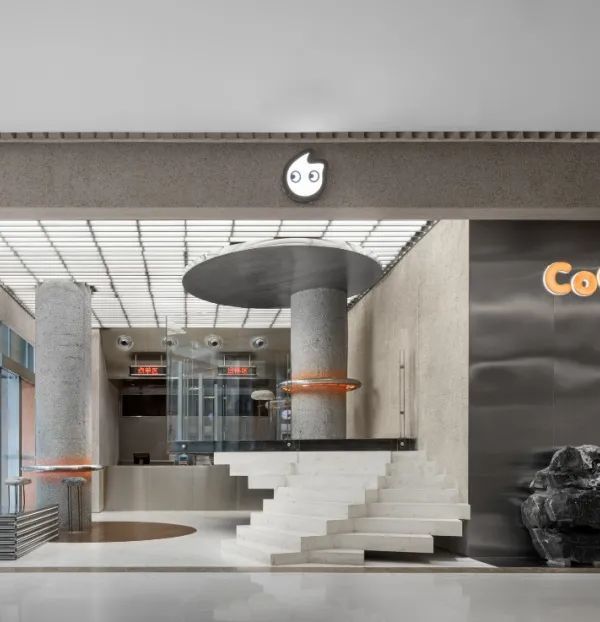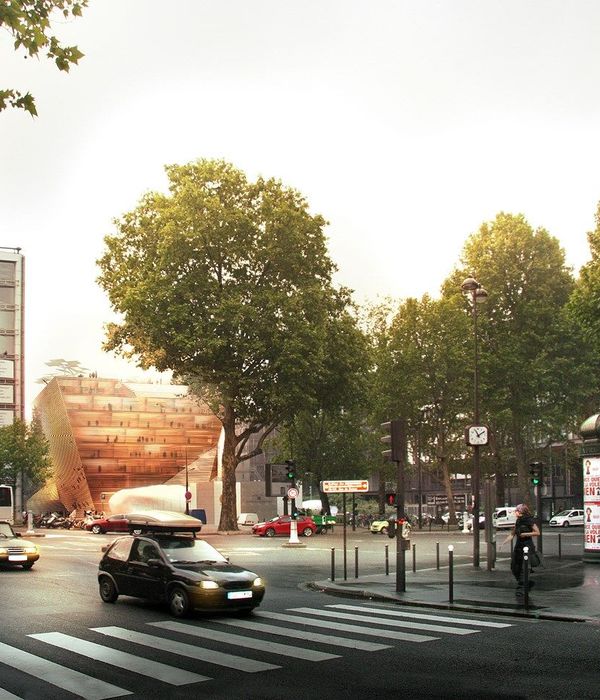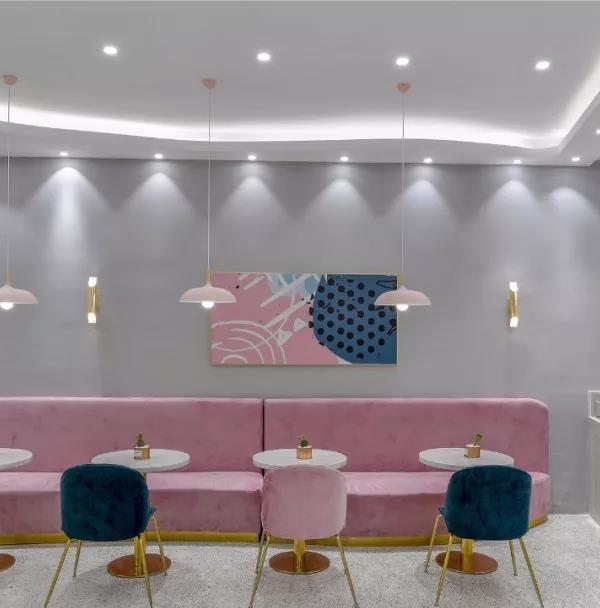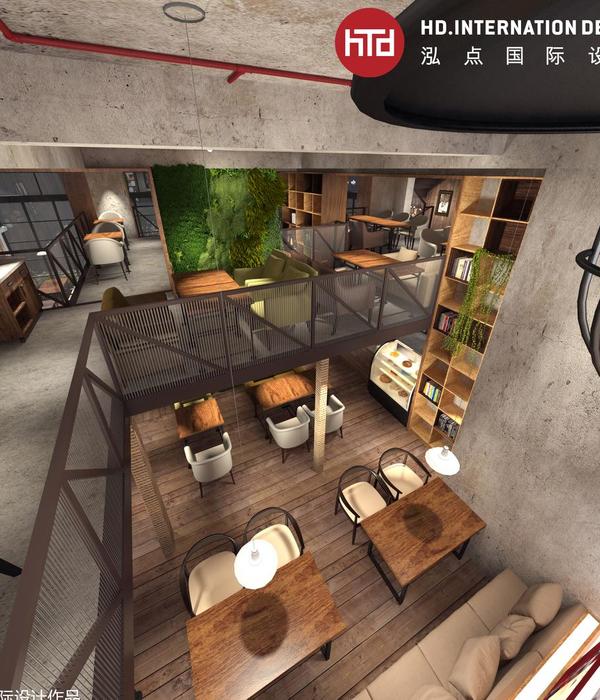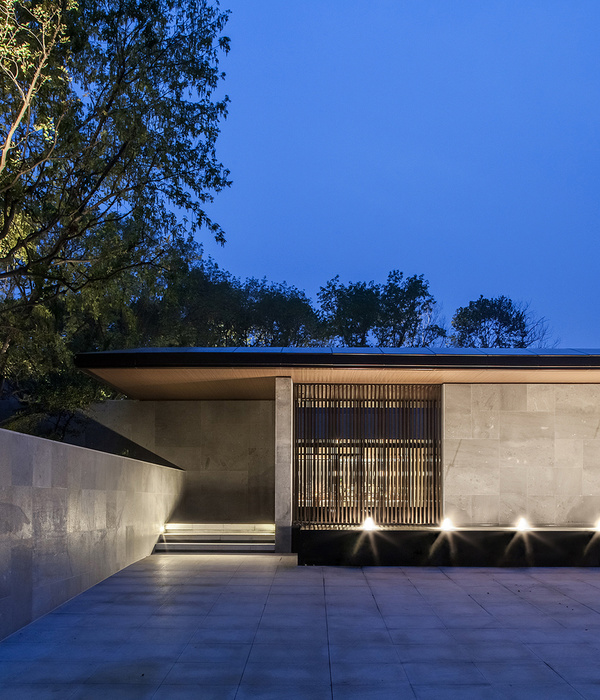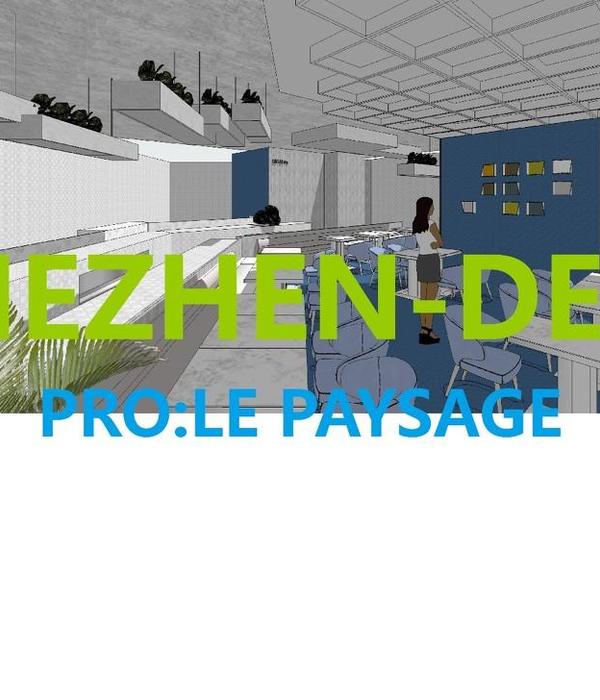Firm: IDIN Architects
Type: Commercial › Exhibition Center Retail
STATUS: Built
YEAR: 2015
SIZE: 1000 sqft - 3000 sqft
BUDGET: $500K - 1M
Among rolling green hills in the north of Thailand, Choui Fong Tea Café is located in the Choui Fong tea plantation area that covers several hills. Looking at the sweep of the undulating tea tree hills, the architect decided to lay the buildings hidden in the slope but outreach to take the plantation view instead of locating the tea café on the hilltop. An idea unfolded. The idea is to keep the hilltop view available for all visitors to enjoy a 360-degree viewpoint of the plantation on the building rooftop without any obstacle. In the scenic landscape of surrounding hills, the visitors can observe the farmers' activity, seeing how they 'handpick' tea leaves during the day.
The main building is composed of three buildings; they are floated and outreached from different viewpoints. The functional areas included dining zone, café, teashop, and toilets. The various combinations of scale and proportion play throughout the project, depending on each building's practical uses. The structural design is challenging, as the architect intended to make it appear as if it were floating in the landscape. Only one pile seems to bear the entire building when we look at them from the foothill. The retaining wall at the back is set at a distance from the building to create extra space for the green courtyard as well as to provide shade and shadow in this area.
There is another separated building of toilets for visitors at the parking lot; this is to alleviate the visitor circulation during the high season of tourists. Like the main building, this toilet building is also hidden under the hill and composed of stone and green courtyard for shady.
The interior design concept of Choui Fong Tea cafe is, by the designer, willingly set to respond to several issues and purposes: "to create a natural feel, to show senses of raw materials and especially to be in harmony with the exterior design." Therefore, to expose the senses and to create the feel, material selection is a necessary process and needed to be done carefully. The designers chose to make a contrast effect on the users' perception to make the materials more expressive. As a result, pines and steels are selected as the main materials of the design. While pines brought the natural feel, steels played a critical role in hitting back with strength and rawness.
The unity between interior and exterior design is fundamental for the design framework. In doing so, the diagonal wood pattern is used in both the exterior and interior features. In the souvenir shop, the pattern is applied on display shelves for promoting recommended items and goods. The use of the main materials, woods and steels, also appear together on the shelves for the regular product. The shelves present a wide variety of Choui Fong products such as sweets, teacups, and their own local and authentic teas.
Moreover, the use of black color and black steel is introduced in many features of the interior design. Pantry counters are colored in black. Restroom walls are decorated with black perforated steels to create shade and shadow lighting effects at night. It is a technique that uses the dynamic contrast of the materials to blend the interior and exterior space in a harmonious whole.
Credits:
- IDINARCHITECTS - Architect - Rubporn Sukatup
- IDINARCHITECTS - Interior Designer - Sarin Rangsikanbhum
- IDINARCHITECTS - Architect - Supachai Phiromrach
- IDINARCHITECTS - Architect - Eakaluk Sirijariyawat
- IDINARCHITECTS - Architect - Jeravej Hongsakul
- IDINARCHITECTS - Interior Designer - Jureerat Korvanichakul
{{item.text_origin}}


